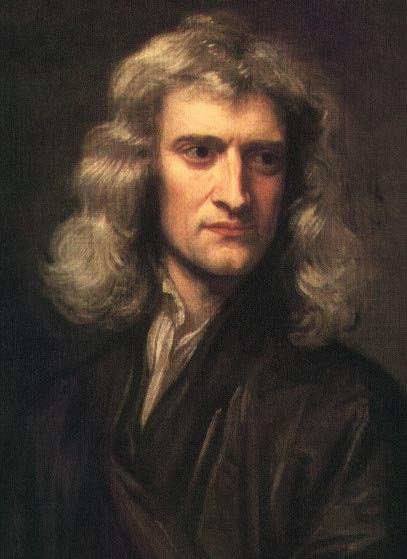

The biography is quite serviceable, though there is occasionally a sense of the immense gap between the subject and biographer White is a second-rater, not terrible, just nothing special, and he also launches into unfounded assertions (e.g. It was this work that lay at the heart of computer programs employed by NASA scientists guiding the first spaceships to the Moon almost 300 years later. Newton had acquired the information he needed to verify his lunar mechanics, and used it in the second edition of the Principia. The apparent foibles and silliness (as Auden would say) of many great thinkers is not a contradiction but rather the precondition for their achievements hence the mystical impulse in Wittgenstein, the alchemical quest of Newton, join onto their more practical efforts: What he wrote he mostly hid away, keeping silence rather than speaking out, so that every generation coming into the world had to seek out these things.’Ī Wittgensteinian resonance here, the opening and close of the Tractatus. Having understood, he had the power to reveal and show. Venerated by alchemists throughout history, it was said of Hermes Trismegistus that he ‘saw the totality of things. White’s subtitle – The Last Sorcerer – refers to Newton’s decades-long study of alchemy: Curiously, they both attended Trinity College, and both lived there for years I’d be interested to know how close their rooms were, over the centuries.

One has something of the received glow of intellect which, I think, draws non-philosophers to Wittgenstein. The austere, seemingly asexual mathematical/scientific genius would be the boss Clint Eastwood’s Secret Service agent reports to after shooting a bunch of counterfeiters in In The Line of Fire:ĭespite being stupid, I found White’s accounts of Newton’s scientific/mathematical work fascinating.

Far from just sitting under an apple tree then retiring to Cambridge chambers for his entire life, he was also Warden of the Mint and became a spymaster, running espionage rings to uncover forgeries & forgers. It’s a good enough work, mostly because Newton’s life & character were so astonishing it would be hard to write a dull biography of the man. I’m too thick to understand Newton’s mathematical/scientific work, but heard he was an interesting chap so got Michael White’s biography second-hand for 50 pence on Amazon, and lugged it around for years from Germany to Italy, before finally reading it this summer.


 0 kommentar(er)
0 kommentar(er)
